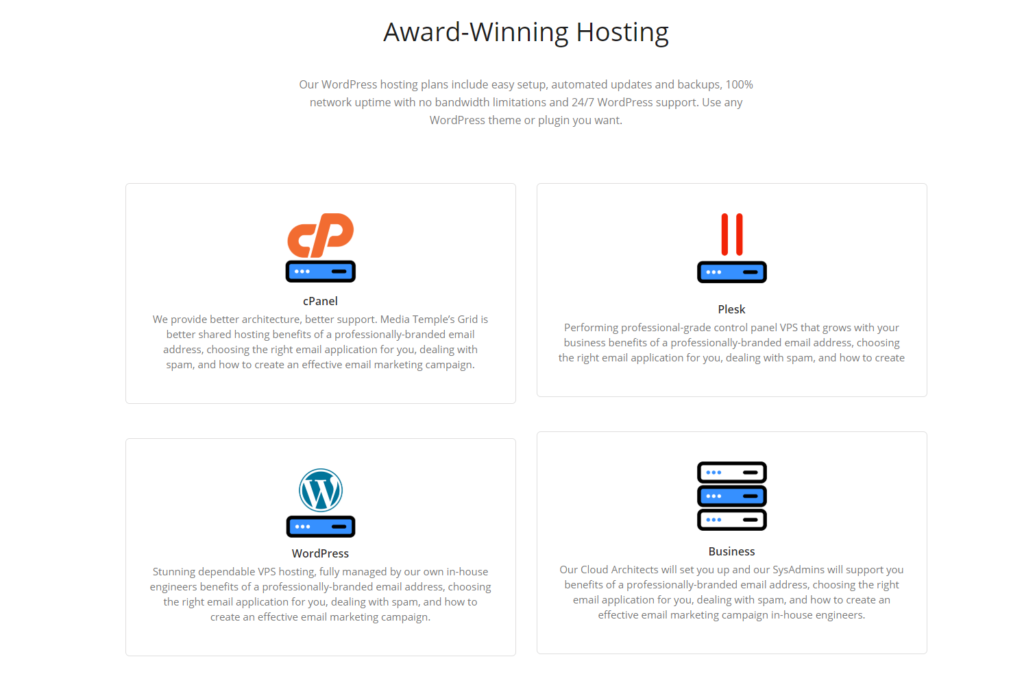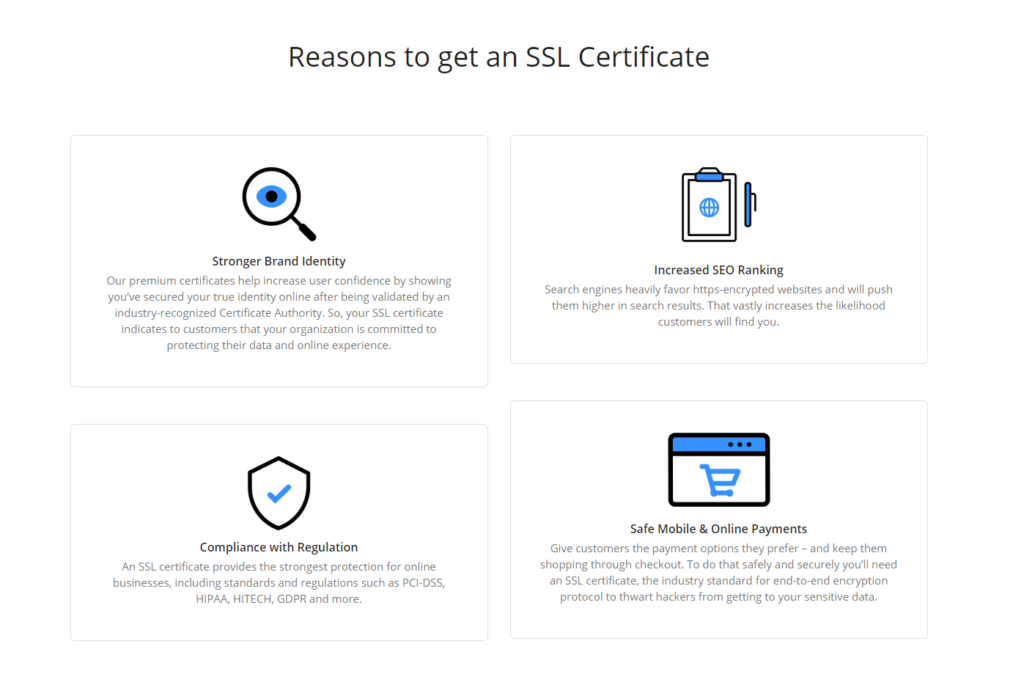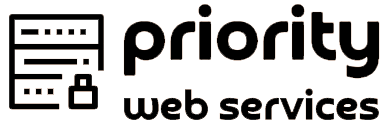Sharing is caring!
Top 5 Shared Hosting Security Risks
Can your website be hacked due to shared hosting? The answer is yes, shared hosting carries a certain amount of security risks that could potentially lead to a hacker attack.
If this happens, hackers can use your website to spam your customers, display unwanted content, and redirect your visitors to unknown sites. If Google detects that your site is hacked, they will blacklist your site immediately, and your web host will suspend your hosting account.
By exploiting shared hosting vulnerabilities, hackers can quickly infect your website and hide their hack from you. You need to install a security plugin like MalCare that is capable of detecting such activity on your site. Its smart scanner will detect any suspicious behavior on your site and alert you immediately. You can also use MalCare to clean up the hack instantly and protect your site from being damaged.
What Is Shared Hosting?
To make your website available on the internet, you need a web server that you can buy from hosting providers like GoDaddy, BlueHost, PriorityWebServices, etc.
Every function and operation of your website will utilize resources from this server. For example, when a visitor comes to your site and wants to view your home page, your server will fetch the data required and display the home page. To run this process, your website will utilize some of your server’s resources.
Now, not every website needs to use an entire server and its resources. Many websites are small in size with only a few pages and posts and require just a fraction of an entire server’s resources. Thus, investing in an individual server is not only expensive but a waste of resources.
Thus, shared hosting was born. Shared hosting is a system under which a single server hosts multiple websites.
The number of websites on a shared server depends on the limit of resources granted to each website. But shared hosting servers can even host thousands of websites together.
This makes it possible for hosting providers to offer shared hosting plans at such low rates making it the cheapest option possible.

Now, if one person doesn’t follow proper safety protocol and close their windows, a thief could break in and gain access to the common areas. This thief is now lurking inside, trying to break into other apartments.
Similarly, if one website on the server is hacked, hackers can leverage their access to attack other sites residing on the same shared server.
But it’s not just security that you have to worry about. Even basic maintenance can be one of the security issues. For example, if one person has a plumbing leak and fails to fix it for a long time, the leak could spread and start affecting other apartments next to it as well.
Likewise, other websites on your shared server could cause problems for your website. Here are the top 5 security and performance risks of using a shared hosting service:
1. Shared Directory
Every WordPress website has its own folder that contains its WordPress files, content, and other data. This folder resides inside what is called a ‘directory’ on your web server.
On a dedicated server, there will be one directory with one website’s files inside. But with shared hosting, there will be one directory with multiple websites’ folders inside.
Even though your website has a separate domain and separate content, by sharing this directory, it is intrinsically linked to the other websites on your server.
This means if a hacker is able to access this main directory, they can target all sites on the same server. Hackers do this by running programs to identify any vulnerabilities on all the sites in the directory. This could be an outdated plugin installed on the site. Once they find the vulnerability, they exploit it to hack into the site.
2. Slow load time
If another website on your shared server is hacked, it could also spell trouble for your website’s performance. When a website is compromised, hackers can use it to execute malicious activities like storing illegal files and folders, sending spam emails, launching attacks on another website.
In this way, the hacked website is using more than it’s shared server resources. This will affect your website. It’ll significantly slow down your site. Your site could also become unresponsive and inaccessible to visitors.
3. DDoS attacks
Your website can become slow if other sites on the same server are experiencing a spike in the traffic.
When a hacker wants to bring a website down they program thousands of malicious bots and devices to send a flood of traffic to a website. This is known as a DDoS attack (Distributed Denial of Service).

To cater to the sudden surge in traffic, the website under attack will start using up more resources from the server. This will invariably lead to lesser resources available to your website which will have a negative impact on its speed and performance.
Your website is not the target of the attack just collateral damage.
4. Shared IP address
An IP address is a unique code that identifies a device using the internet such as your mobile phone or computer. Servers are also devices that use the internet and therefore, every server bears its own IP address.
A shared server would have one IP address which means all the websites hosted on this server will share the same IP address.
If a neighboring website conducts illegal activity or spams its customers, the IP address is blacklisted and marked as malicious. This will cause a number of problems for your site:
- Firewalls will identify your website as malicious and block their users from accessing it.
- Email providers like Gmail will blacklist your IP address which means any email you send will be diverted to your customers’ spam inbox.
- Search engines like Google will blacklist your site and mark it as insecure.
5. Untrusted Neighbors
Your web hosting provider will never reveal the names of the other sites that you share a server with. So you have no clue who your neighbors are.
A hacker could purchase a shared hosting plan just like you and become your neighbor. They could run spam and phishing websites to steal data from their visitors. Not just that, they could be using the hosting server to store malicious files and folders.
Sharing your server with an untrusted neighbor will definitely pose a threat to your site.
So should you switch from shared hosting to a dedicated server? For many, this might not be an affordable option.
Shared hosting plans are usually a good option for websites that are just starting off or for businesses that need a basic online presence. But as your business grows and your site becomes bigger, you might need to consider getting a dedicated server.
If you can afford a dedicated hosting plan, it’s always advisable to use that for better security and performance.
But no environment is 100% secure from cyberthreats. Hackers find all sorts of ways to break into your site. We strongly recommend that you always keep a reliable security plan like website security active on your site.




